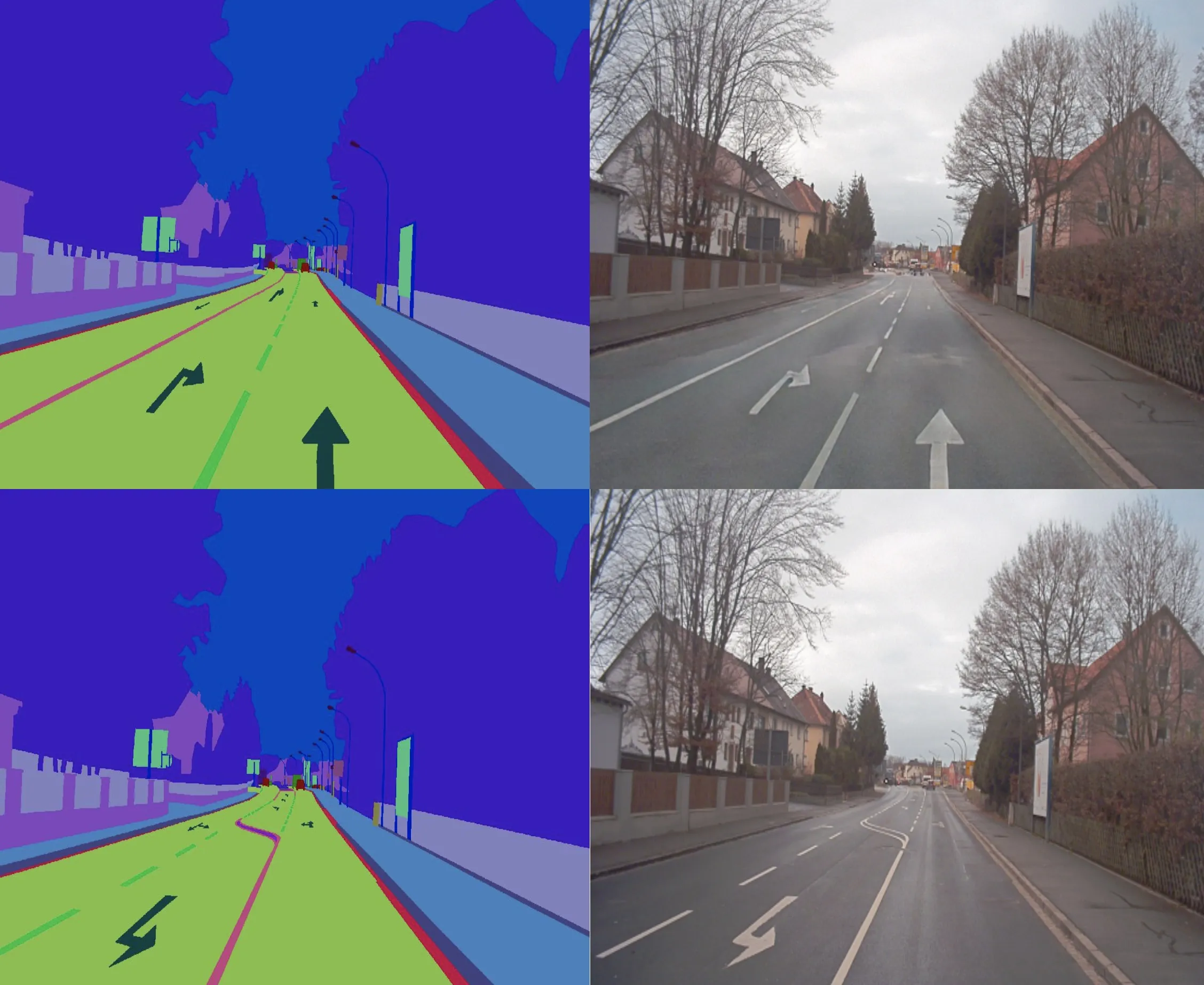Biometric security is progressing out of the police/military sector and into the civilian world. The technology has in fact been ready for some time and ubiquity will be driven by the technology’s convenience, said Phillip d’Andrea, EVP e-Documents Division, Morpho, whilst speaking during the World Card Summit here at CARTES 2013 on Tuesday.
November 20, 2013
Read time: 2 mins
Biometric security is progressing out of the police/military sector and into the civilian world. The technology has in fact been ready for some time and ubiquity will be driven by the technology’s convenience, said Phillip d’Andrea, EVP e-Documents Division, Morpho, whilst speaking during the World Card Summit here at CARTES 2013 on Tuesday.
Theft of a fingerprint is far more complex than that of a PIN but persistent perceptions of ‘Big Brother’ databases are a threat to proliferation. However, he added, there need be no link whatsoever between biometrics and big databases of personal information. His views were sharply contradicted by Olivier Piou, CEO of Gemalto. Biometric data has to be used responsibly, he said, and there are many related ethical issues.
Centralisation in large databases would make it too easy for individuals to become targets, perhaps even being framed for crimes they had not committed, and we cannot expect politicians to become expert in the technology’s capabilities.
Countering, d’Andrea said that his company’s technology does not store actual fingertips but uses proprietary techniques from which, even it were possible to steal the data, it would still not be possible to reproduce individuals’ fingerprints. He noted that biometrics can also be combined with other security solutions such as PINs to enhance overall security.
Didier Lamouche, CEO of Oberthur Technologies, observed that with governments now using biometrics for border control, some form of increased regulation is perhaps inevitable. Steve Owen, SVP of Identification Sales with NXP Conductors, noted that PINs are unlike biometrics in that individuals do not leave a PIN on everything they touch. However, said d’Andrea, there are fool-proof sensor solutions available.
Theft of a fingerprint is far more complex than that of a PIN but persistent perceptions of ‘Big Brother’ databases are a threat to proliferation. However, he added, there need be no link whatsoever between biometrics and big databases of personal information. His views were sharply contradicted by Olivier Piou, CEO of Gemalto. Biometric data has to be used responsibly, he said, and there are many related ethical issues.
Centralisation in large databases would make it too easy for individuals to become targets, perhaps even being framed for crimes they had not committed, and we cannot expect politicians to become expert in the technology’s capabilities.
Countering, d’Andrea said that his company’s technology does not store actual fingertips but uses proprietary techniques from which, even it were possible to steal the data, it would still not be possible to reproduce individuals’ fingerprints. He noted that biometrics can also be combined with other security solutions such as PINs to enhance overall security.
Didier Lamouche, CEO of Oberthur Technologies, observed that with governments now using biometrics for border control, some form of increased regulation is perhaps inevitable. Steve Owen, SVP of Identification Sales with NXP Conductors, noted that PINs are unlike biometrics in that individuals do not leave a PIN on everything they touch. However, said d’Andrea, there are fool-proof sensor solutions available.










